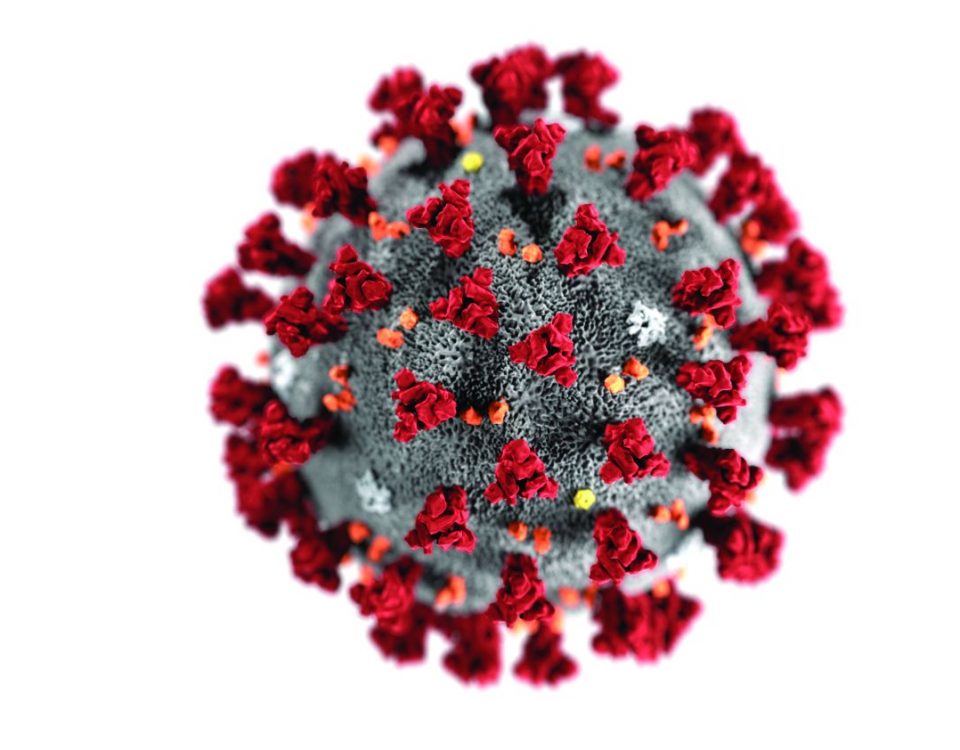Covid-19 Info From the Skin Experts

COVID-19 Updates
2 May, 2020
Coronavirus in dermatology: What steps to take
3 May, 2020Here at LVSCC, our mission is to serve our patients to the best of our ability, each and every day. This also includes providing info to you that is beneficial for maintaining your health during the COVID-19 pandemic.
Read on below for some tips from the skin experts at the national organization, American Society for Dermatologic Surgery (ASDS). This includes information and tips around COVID-19, like how to identify symptoms, how to prevent getting the virus and whether or not you should go to your scheduled dermatology appts at this time.
WHAT IS COVID-19?
Symptoms:
· Fever
· Cough
· Difficulty breathing
· Loss of taste and/or smell
· Persistent pain or pressure in the chest
· New confusion or inability to arise
· Bluish lips or face
High Risk Populations:
· Adults older than 65 years old
· People with underlying medical conditions including, but not limited to, heart or lung disease, or diabetes.
Medications That Might Increase Risk:
· Prednisone/CsA
· MTX/MMF
· Tofacitinib
· TNFi
· IL-12/23i
· IL-17i/IL-23i
· Apermilast
· Acitretin
· Dupilumab/Omalizumab
*Source: Mark Lebwohl, MD; Webinar Summary – March 19, 2020
During this time, some medications are in limited supply or are more challenging to be delivered. Contact your physician with any concerns or question on the medications you are taking.
EVERYONE IS AT RISK. All ages, genders and races have been diagnosed and have died from this virus. Please take this virus seriously and protect yourself, your family and your communities.
HOW TO PREVENT GETTING THE VIRUS
Disinfect:
· Frequent hand washing (at least 20 seconds with soap and water, or a hand sanitizer with at least 60% alcohol). Use moisturizing hand cream to avoid cracks and skin breakdown
· Avoid touching your face
· Clean and disinfect frequently touched surfaces daily
Social Distancing:
· Avoid large gatherings of 10 or more
· Limit / avoid travel
· Maintain a 6-foot distance between yourself and others
· Stay at home whenever possible
Wear a Mask:
· Before putting on a mask, clean hands with alcohol-based hand rub or with soap and water
· Cover mouth and nose with mask and make sure there are no gaps between your face and the mask
· Avoid touching the mask while wearing it; if you do, clean your hands with alcohol-based hand rub or with soap and water
· Replace the mask with a new one as soon as it is damp and do not re-use single-use masks
· To take off the mask: remove it from behind (do not touch the front of the mask); discard immediately in a closed bin; clean hands with alcohol-based hand rub or with soap and water
Stay Home If You’re Sick, Except To Get Medical Care:
· Cover your mouth and nose with a tissue or your elbow when you cough or sneeze
· Wear a mask when with others
DERMATOLOGY SPECIFIC INFORMATION
Should I go to my scheduled dermatology appointment?
Transmission of COVID-19 is especially high in health care settings. Health care facilities and clinicians are prioritizing urgent and emergency visits at this time. Make sure to check with your physician about your individual situation before canceling or proceeding with your scheduled visit. Please note, most states are enforcing no elective procedures regulations at this time. This would include cosmetic or aesthetic treatments which will need to be rescheduled once these regulations are lifted.
Your doctor may triage your care based on the individual risk of your condition, your risk of complications for COVID-19, and your risk for contracting COVID-19.
Some skin cancers (including squamous cell carcinoma, melanoma and basal cell carcinomas) can be slow growing and treatment can be safely delayed for a period of time.
Other cancers may pose an immediate risk to your health, and thus, urgent treatment would be recommended. Instead of canceling or delaying your care, your physician may offer you a virtual visit via phone or video in order to optimize your care.
What To Do When Going To A Medical Appt?
Before visiting a clinic or hospital, make sure to understand the active safety protocols in place. During the pandemic, you may be screened for symptoms and/or asked to wear a protective mask, and there may be restrictions on bringing a family member or visitor with you.
You might be put in a private room or have specific waiting room instructions enforcing social distancing requirements. Also, your physician may be taking extra precautions including wearing a mask or other protective gear, avoiding handshakes or use verbal consent instead of written signatures to limit multiple people touching a pen or paperwork.
Avoid Going To The ER
Not only are health care settings high risk transmission locations, but the emergency room needs to be for the most critically ill, especially during this challenging time. Please contact your physician first before heading to the ER. Your physician will evaluate your immediate need.

